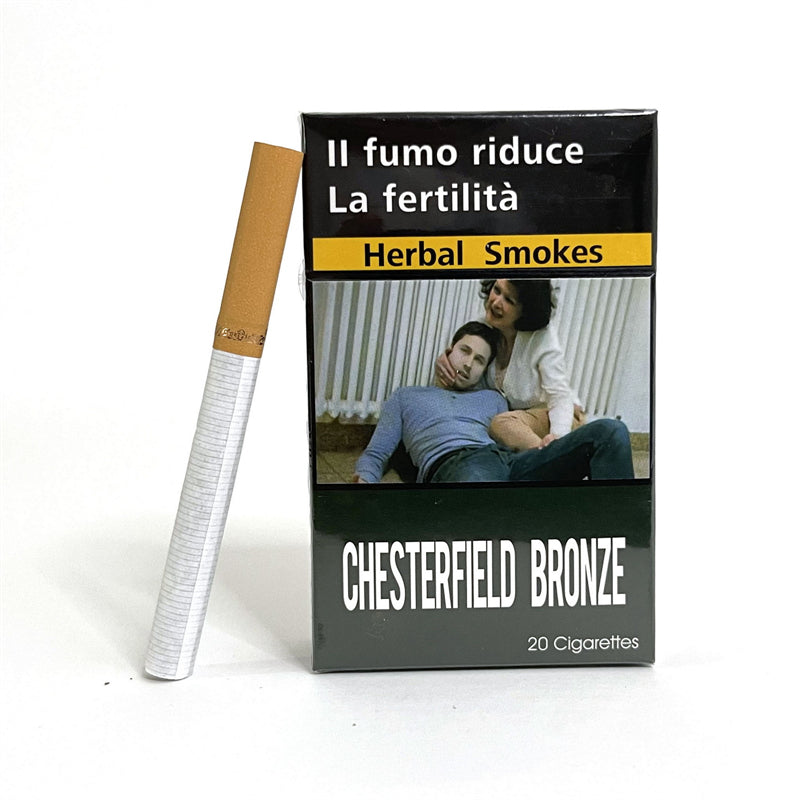Amid a nationwide crackdown on illegal vaping devices and e-cigarettes, non-smokers are calling for tighter controls on where people can smoke on their properties, Australian media outlet Perthnow recently reported.
Effective January 1, the federal government implemented its latest crackdown, banning the import of disposable smog equipment. Regulations for cigarettes used for smoking are still a different system and although they are heavily taxed on the market they are still readily available.
According to reports, Perth citizen Maggie Snell (Maggie Snell) and thousands of petitioners insist that it is time for changes to be made to increase measures to protect others. Ms Snell claimed the lack of protection for non-smokers was a public health issue that officials should take on.
Maggie Snell, a local resident who lives in Bassendine, has asthma and her life was not significantly affected until her new neighbor started smoking on their property boundary. Snell said she has been using medications, including steroids, to ease her asthma.
"Doctors couldn't figure out why we couldn't control our asthma until about three weeks after our neighbor left," she said. “I didn’t have asthma for those three weeks.” Ms Snell, now retired, said the second-hand smoke entering her home from the border wall was making it difficult for her to breathe.
“I couldn’t breathe indoors and I couldn’t escape the smoke,” she said. "Unless we can stop my neighbors from smoking there, I'm going to die from emphysema because all the research clearly shows I'm going to have heart disease." Ms Snell said the current rules prevented her from fighting back and constituted A permanent need for drugs and steroids to ease her breathing difficulties.
She would like to see the government intervene and regulate smoking on private property - ideally only smoking more than 10 meters from all neighbours' properties or fence lines including windows, doorways or vents. She said smoking should be restricted to enclosed spaces on any property where this cannot be achieved.
A petition launched by Snell last September has received more than 2,000 signatures. Caitlin Kameron, Cancer Council WA's senior coordinator of policy and research for the Stop Smoking Strategy, said exposure to tobacco smoke was a known cause of asthma and wheezing.
Cameron also said that many complaints about smoke spread in private properties mainly occur in condominium properties, such as apartment buildings and units. The Cancer Council strongly supports smoke-free legislation to reduce second-hand smoke exposure in high-density housing. However, these proposals were not included in Western Australia's Sectional Titles Regulations 2020.
"There is no safe level of secondhand smoke exposure," she said. "The Cancer Council has strongly advocated the adoption of model smoke-free regulations to reduce second-hand smoke exposure." In October 2022, a New South Wales department defined the spread of smoke in flat-holding apartment buildings as a hazard, with citizens and authorities from Witness testimony and medical documents were heard and the neighbor was eventually banned from smoking tobacco products on his balcony.
According to a WA Health spokesperson, no Australian states and territories have any laws restricting smoking in private residences, however strata companies can enact regulations to prevent smoking. "Individuals experiencing smoke spread may wish to seek independent legal advice on this issue," they said. "If they live in a condominium property, they can raise the issue with their condominium company or condominium board."
